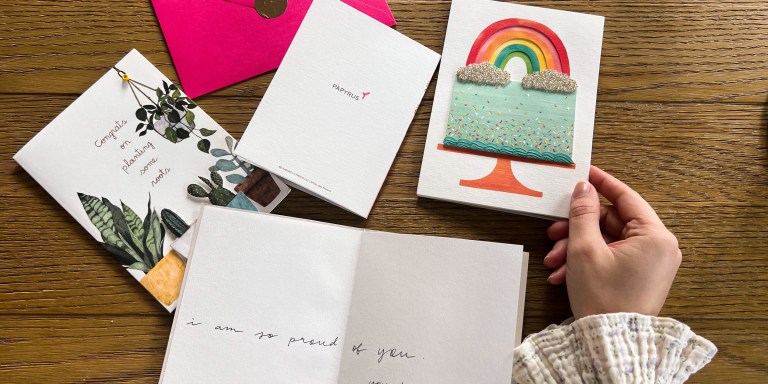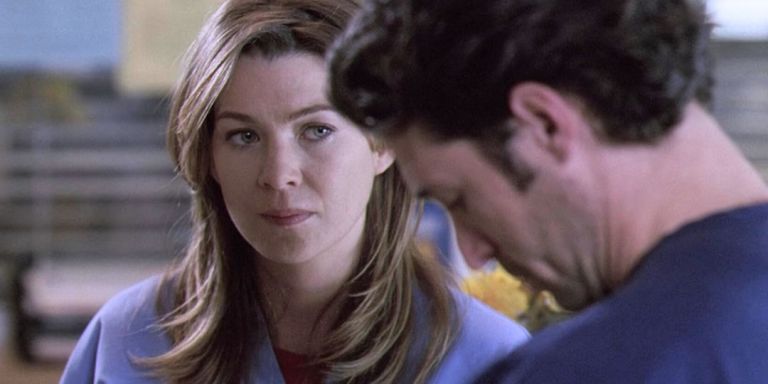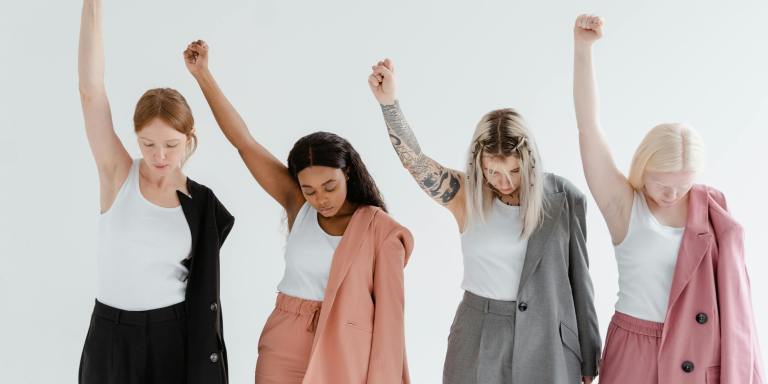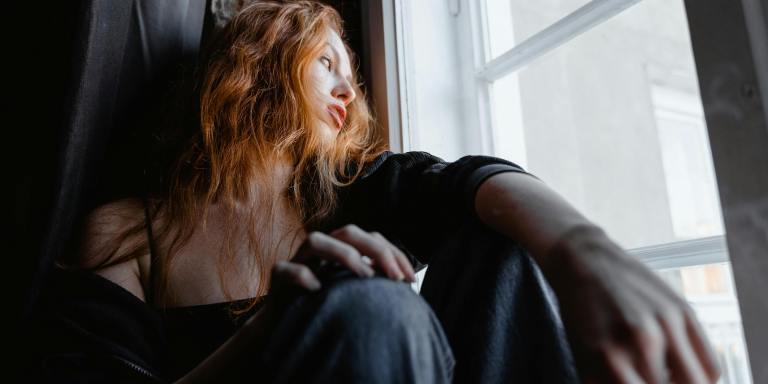Misogynoir is a term mostly used by Black feminists to reference the particular anti-Blackness that exists where race and gender intersect for Black women. Misogynoir is not limited to Black men as perpetrators solely, but the term gives a basis for specifically contextualizing the discrimination and mistreatment Black women face in this country.
That anti-Blackness is a part of the fabric of United States culture is a given for the historical and present context of race as a social construct, in the country. And specifically, anti-Blackness womanhood is an often overlooked concept that is always and already present, culturally. The English language as we know it makes it difficult to talk about two constructs at once, I think. Nonetheless, language reflects culture and culture reflects language; and the language is getting better. The emergence of intersectionality allows us to discuss multiple identities at once.
Almost a month ago now, I came across the Twitter hashtags #ruinablackgirlsmonday and #downasswhitegirls. The former can be noted as an example of misogynoir, and the latter can be said to be a response or a resistance to it. While the two hashtags were not related in any direct way, there were concepts that crossed over in each. For example, #ruinablackgirlsmonday mostly consisted of posting girls of other races with big butts – something that has historically been associated with Black women. And in #downasswhitegirls, there was commentary of how traditionally “Black features” such as big derrières and “full lips,” for example, are only considered beautiful on non-Black women.
It is a coincidence that the week I finally choose to discuss a topic that a lot of Black people in the United States are less vocal about, we are dealing with a public celebrity case of domestic violence between a Black couple. And although I understand the reason why many Black people, are oftentimes not as vocal among non-Black people about the treatment of Black women by Black men, I do not believe the outcome is helpful. The reason for the “hush hush” or silencing of the conversation is because of the desire to “protect” Black men from becoming further “targets” in a society where they are deemed dangerous from various perspectives. However, the reverse is not true for Black women. Oftentimes, Black men are also culprits in misogynoir. And given America’s race culture, it brings an extra pain to Black women that “their own men” do not advocate for them in the same way that Black women always seem to do.
The stereotypes that Black women often have to face in the United States – stereotypes about being “loud,” having bad attitudes or being rude; commentary about having “fake” hair or being “over sexualized” are not only prominent among non-Black communities, they are internalized by many in the Black community and used to shame others. Usually the others that are being shamed are of course the poor, who are vilified as “ghetto.” And this kind of shaming trebles its effects in targeting three aspects of a person – that they are Black, that they are a woman, and that they are poor. Words such as “ratchet” and “ghetto” and even the latest one, “thot” are originally raced and/or gendered terms that were used to disparage and police particular bodies – Black, female, and oftentimes poor, bodies.
Many a Black women in this country, myself included, have come across Black men who had nothing but a degrading perception of Black women. As an African who moved here perhaps more than any form of prejudice I have witnessed and analyzed, it is probably the one that has left me most troubled. Black African men are a lot of things, and they do not get a pass in how sexist and misogynistic they can be. But I can honestly say that the type of misogynoir received by Black women at the hands of Black men is uniquely American. And it is deeply troubling.
There are some who imagine that because of the way slavery occurred in the United States in which families were separated from each other; Black women often raped by White slave masters, Black men often accused of raping White women – these cultural memories maintain a certain division in the Black community in terms of gender. There are others who also discuss that second-wave White feminism interrupted the Black movement, causing countless numbers of Black women to leave the latter for the former, at least initially. All of these contexts are perhaps important in understanding what appears to be a certain subconscious tension in the Black community.
Now it must be clear when discussing these matters that one does not over generalize or oversimplify the issue. And I certainly do not wish to suggest that all Black men hate Black women. But patterns in society exist, and when we make general statements about observable realities, it is to reflect what these patterns are showing. My own deductions about why this particular phenomenon occurs has to do with the racist ideology that Whiteness equates to purity and the further away one is from that, the worse off one is.
Consider that last point in the context of gender – and you will find the erasure of Black women from not only conversations on womanhood, but the possibility of being seen as “pure” or “good” by the nation. And even Black men or men who identify as Black, who I would like to presume love their mothers or sisters or possibly daughters, still participate in this ideology. And without any conscious struggle to mentally free one’s self from such notions, it becomes unsurprising that Black men would digest the racist and sexist culture that erases, demeans, and marginalizes “their own women.”
In one Malcolm X speech, he says, “The most disrespected person in America is the Black woman. The most unprotected person in America is the Black woman. The most neglected person in America is the Black woman.” It is still arguably true. And as problematic as that speech may sound now because of our ideas of gender roles and feminism, I still think it describes the social position in which Black female bodies are some of the most vulnerable in this country, from almost every angle you can think of. In that speech Malcolm X went onto accuse Black men of failing Black women. If he were alive, I doubt very much that he would change his opinion.
There is nothing in the rule book of life that requires Black men to “love” and/or “protect” each and every Black woman. But there is much to be said about how Black women collectively often either maintain their silence or lift their voices and get to work when Black men need them. I see it in every national crisis where a Black male is targeted, wrongly or rightly. But I do not sincerely believe that Black men do the same for Black women; sincerely, I often see many joining the hands of people who participate in an intersectional prejudice where Black women are the victims. It is why I think, Black women, have learned to be their own heroines. And while I believe this strength that Black women are often touted as possessing is admirable, it is also a great burden.
So I am only left with a question or two that I direct at the collective, and these are particular questions of which those involved know it is not personal, but political: Black men, when will you show up? When will you lighten the burden of Black women who are often the first to carry yours? ![]()





